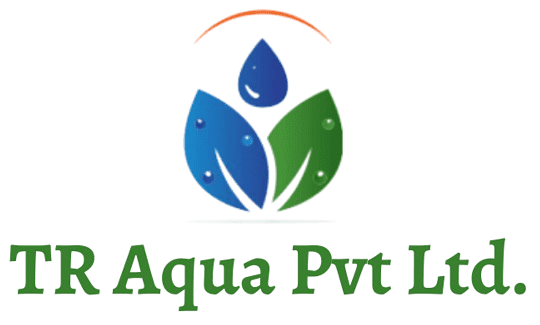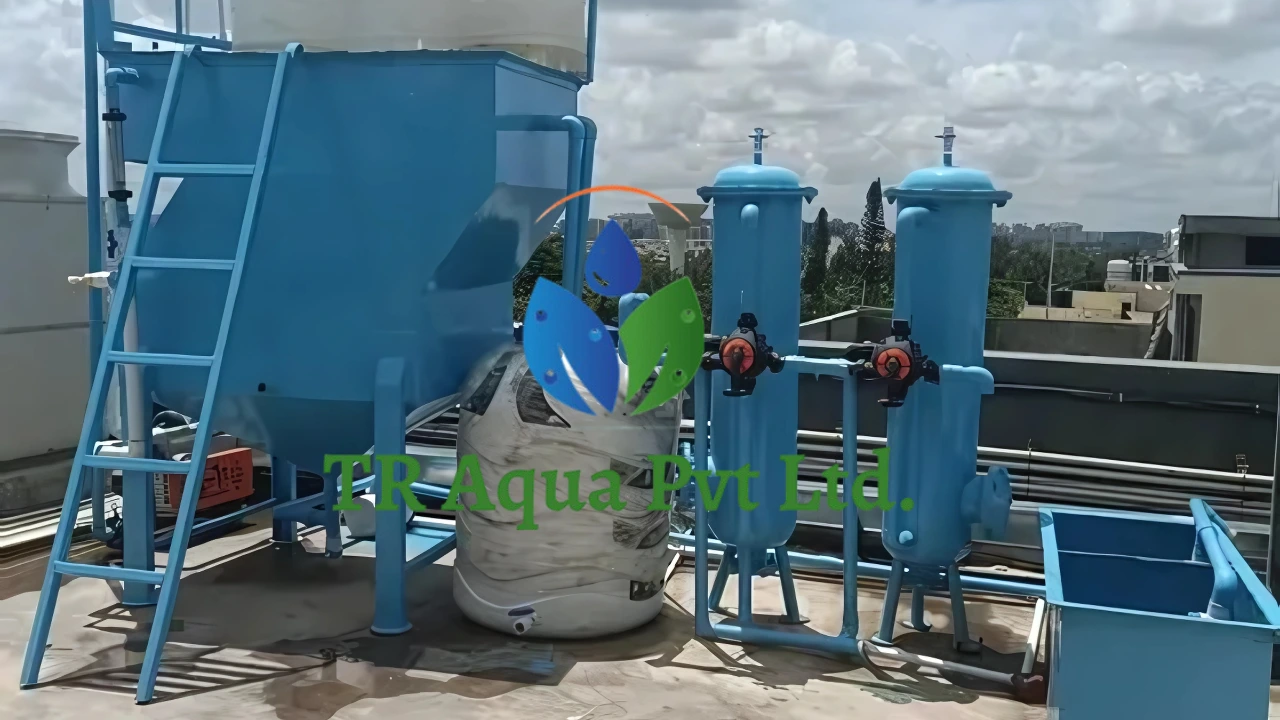The automobile industry plays an important role in fast industrial needs. It has emerged as a leading symbol of innovation and industrial growth. As the high demand for vehicles continues to rise, manufacturing units are scaling up their operations like never before. However, this rapid expansion also raises a significant environmental challenge—the production and release of harmful industrial effluents. In this blog we will explain about the Automobile Industry for Effluent Treatment Plant.
What kind of pollutants can you find in Automotive/Automobile Industry Wastewater?
Automobile manufacturing involves various processes like metal finishing, surface treatment, engine and body washing, and painting. These operations consume large volumes of water and chemicals, which in turn generate a significant amount of wastewater loaded with contaminants like Heavy metals (lead, cadmium, chromium, etc.), Oil and grease, Toxic solvents, Suspended solids and Paint residues and chemicals.
Why is the Effluent Treatment Plant so important ?
Effluent Treatment Plants (ETP) have become important because of growing environmental challenges. ETP are part of automobile manufacturing facilities. These systems are designed to treat industrial wastewater and remove harmful pollutants before releasing it back into the environment or reusing it within the plant.
TR Aqua specializes in designing and installing customized ETP solutions that align with the specific needs of the automobile industry.
Process of Effluent Treatment Plant (ETP) for Automobile Industry
The Effluent Treatment Plant (ETP) plays a vital role in treating contaminated and polluted water, bringing it to an environmentally acceptable standard before safely discharging it into natural water sources. In this section, we’ll explore the key processes involved in ETP specifically designed for the automobile industry. Our ETP uses a multi-stage process to effectively treat industrial effluents. Here are its process:
Preliminary Treatment
Preliminary Treatment is the first stage in an Effluent Treatment Plant, focusing on the removal of large solids, oils, and grease from wastewater. Processes like screening, sedimentation, and oil skimming are used to eliminate physical impurities, ensuring smoother operation in the subsequent treatment stages and protecting downstream equipment from damage.
Primary Treatment
Primary Treatment involves the removal of suspended solids and reduction of wastewater turbidity through physical and chemical processes. Techniques such as coagulation, flocculation, and sedimentation are used to settle heavy particles. This stage prepares the effluent for biological treatment by significantly lowering the pollutant load and improving overall efficiency.
Secondary (Biological) Treatment
Secondary (Biological) Treatment uses microorganisms to break down organic pollutants present in the wastewater. Processes like activated sludge, bio-filtration, or aeration help decompose biodegradable matter. This stage significantly reduces Biological Oxygen Demand (BOD) and Chemical Oxygen Demand (COD), making the water cleaner and safer for further treatment or discharge.
Tertiary Treatment
Tertiary Treatment is the final stage of wastewater purification, targeting the removal of remaining contaminants after primary and secondary treatments. Advanced methods like filtration, UV disinfection, reverse osmosis, or chemical treatment are used. This ensures the treated water meets stringent environmental standards and is safe for reuse or discharge.
Sludge Handling
Sludge Handling involves the safe management of solid waste generated during wastewater treatment. Processes include sludge thickening, dewatering, and drying to reduce volume and moisture content. Proper disposal or further treatment ensures environmental safety, preventing contamination and supporting sustainable waste management practices within the effluent treatment system.
Why Choose Us ?
We are a leading manufacturer & supplier of effluent treatment plant in India. We analyze wastewater features and operational requirements. Our ETP Plant Manufacturers are durable & energy-efficient to meet various types of industrial needs. Our plants meet CPCB and SPCB norms to ensure smooth operation without legal hassle. We offer complete maintenance, training, and operational support to keep your system running efficiently.
By investing in an Effluent Treatment Plant for automobile manufacturers, not only comply with environmental norms but also demonstrate a commitment to sustainability. Treated water can even be reused for processes like floor washing, cooling towers, or gardening, minimizing water consumption and maximizing resource efficiency.

